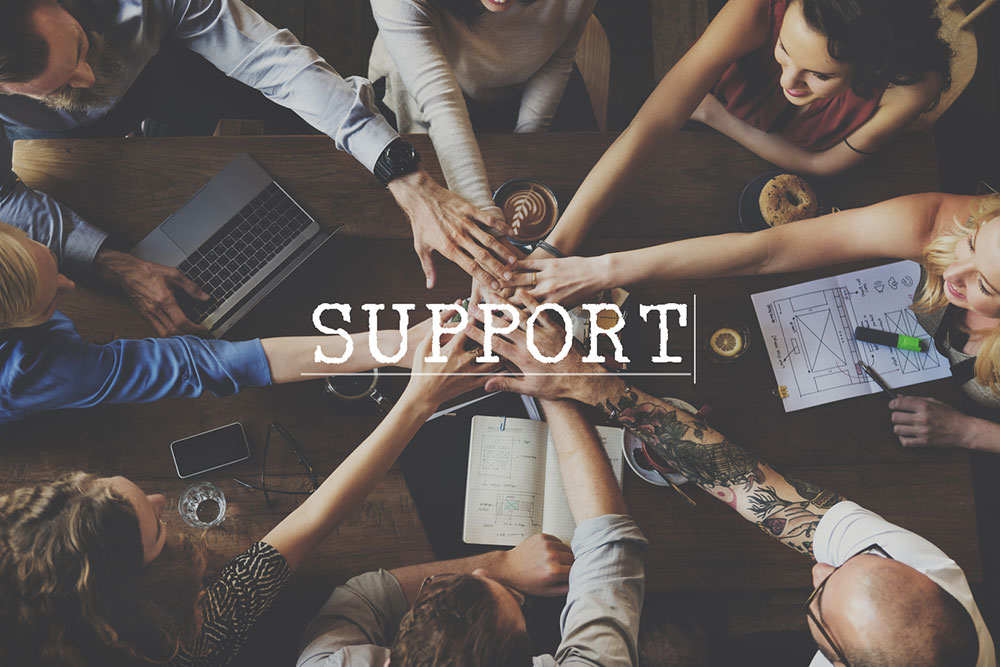
5 mistakes to avoid when supporting charities
Supporting charities is a noble deed and a great way to give back to society. There are several kinds of charities that one can support to make their contribution to the world, including animal welfare, childcare organizations, medical research, and more. However, to ensure that their funds are genuinely making a positive difference, there are certain mistakes that one must avoid when donating to charities. Some of these pitfalls are listed below.
Not researching the charity thoroughly
Before one proceeds to donate to a charity, it is crucial for them to conduct thorough research about the organization. Failing to do so could be a mistake as it increases the risk of supporting a charity that might not be legitimate. To avoid that, one must check the charity’s legal status and accreditation before making a donation. One can also visit the charity’s website to ensure its legitimacy and know its goals. If one plans to support a local charity, one can also volunteer for it to find out how it works and use the donations, to make an informed decision about donating to it.
Giving in to emotional pitches
Another pivotal mistake to avoid when donating to a charity is giving in to emotional pitches made by the charity’s representatives, either on call or in person. This is because there is a high chance that these individuals might be scammers. Instead of giving in to the emotional pitches, it would be better to take a step back and research the charity. If one finds out that the charity is legitimate and wishes to donate, it is advisable to make the donation through the organization’s online portal to ensure that it reaches the organization.
Making random donations
While donating to multiple charities is noble, it may not yield a significant positive impact in the most efficient manner. Rather than making multiple small donations to different charities, it would be much better if one makes slightly bigger donations and focuses their funds on one or two charities. Doing so makes more of a difference as those one or two charities can make a relatively bigger impact with the funds they receive.
Not learning about the operational costs
Before making a donation to a charity, it’s important to learn about the organization’s operational costs. This includes the amount of money that the charity spends on things like staff salaries and office expenses, from the donations they receive. Understanding the organization’s operational costs can help one determine how transparent the organization is when it comes to the use of donated funds.
Not checking the charity’s progress
If a person is donating to a charity that has been working for quite some time, they must also find out about its progress over time. This helps them understand how well the charity is working to achieve its goal. Even after making charitable contributions, individuals should monitor the charity’s progress to ascertain that their funds are making a meaningful impact.
The most common idea of charity is giving away clothes, toys, books, etc. However, many other types of charity are emerging these days. For example, car donation is the process of donating a used or an old car to those who cannot own brand new ones. Car charity may be done through NGOs and charitable organizations or independently. In any case, one should consider certain aspects when donating a car, such as its condition, the reputation of the charitable organization, and the tax benefits.


